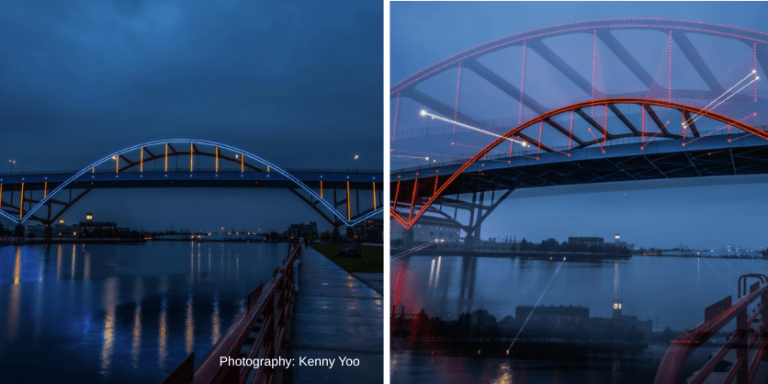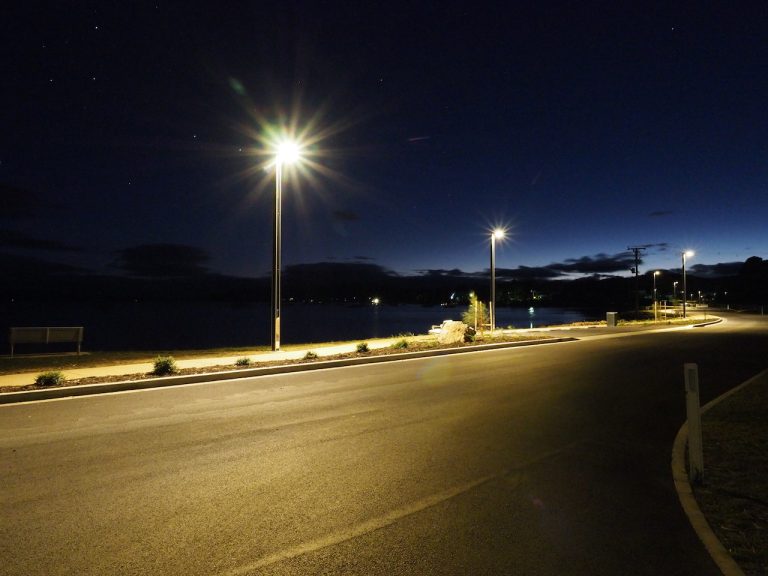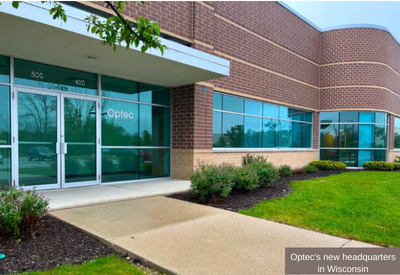New Series: The Non-Technical Language of Landscape Lighting
By Robert Lanteigne
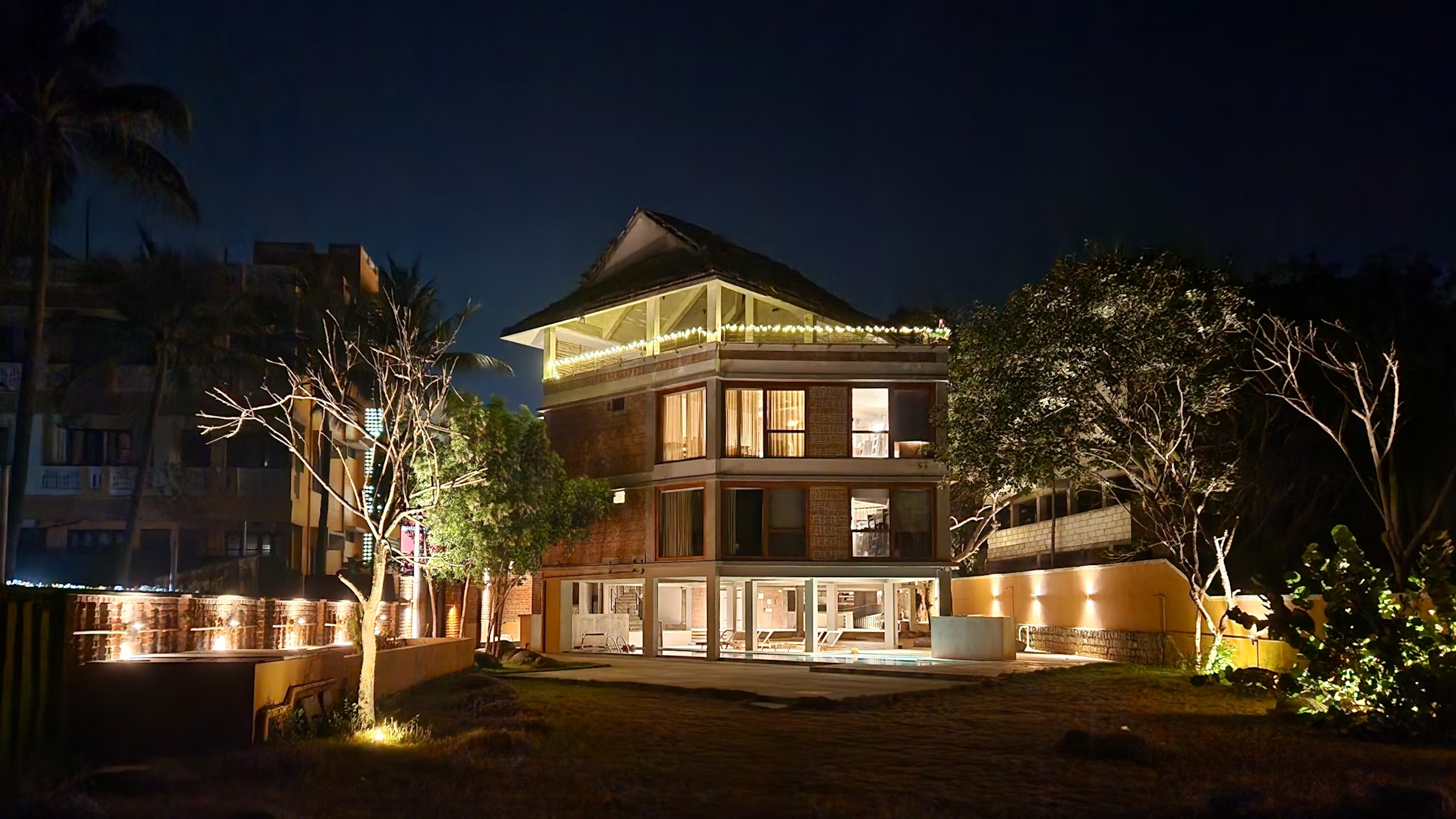
An Evolving Canvas that Extends Interior Spaces to the Outdoors
Landscape lighting is much more than just placing lights in your garden. It’s about creating an evolving canvas that connects your home’s interior with the exterior, revealing the beauty of your outdoor environment in ways that change and grow over time. By understanding how to choose the right fixtures, balance warmth and coolness, highlight natural features, ensure functionality, and incorporate smart, sustainable solutions, you can design a dynamic and beautiful outdoor space that complements your home while enriching your everyday life. As the landscape evolves, so do the possibilities for new lighting designs, making your outdoor environment a continually growing masterpiece.
A Living, Breathing Outdoor Canvas
Imagine looking out your window at night and being greeted by a beautifully illuminated landscape—not just darkness, but a living, breathing scene that changes with the seasons and evolves as your garden grows. Each window in your home can offer a unique view, like a framed picture that transforms over time as trees mature, new plants are added, and garden features change. With thoughtful landscape lighting, you can transform your yard into an extension of your indoor living space, creating a fresh visual experience year after year.
Landscape lighting plays a key role in this transformation. It’s not just about adding lights for practicality; it’s about shaping how you experience your outdoor spaces after dark. By thinking of your landscape as an evolving work of art, you can design lighting that enhances its beauty, guides movement, and expands the interior world of your home outward.
Harmonizing Interior and Exterior Spaces
When designing outdoor lighting, you’re not just illuminating a garden or patio; you’re creating an experience. The goal is to harmonize the inside and outside, making the exterior of your home inviting and functional even after sunset. This approach allows your outdoor area to become an extension of your living environment, evolving over time. Whether you’re highlighting architectural features or showcasing the beauty of your trees and plants, your landscape lighting should grow alongside your home, adapting as time passes.
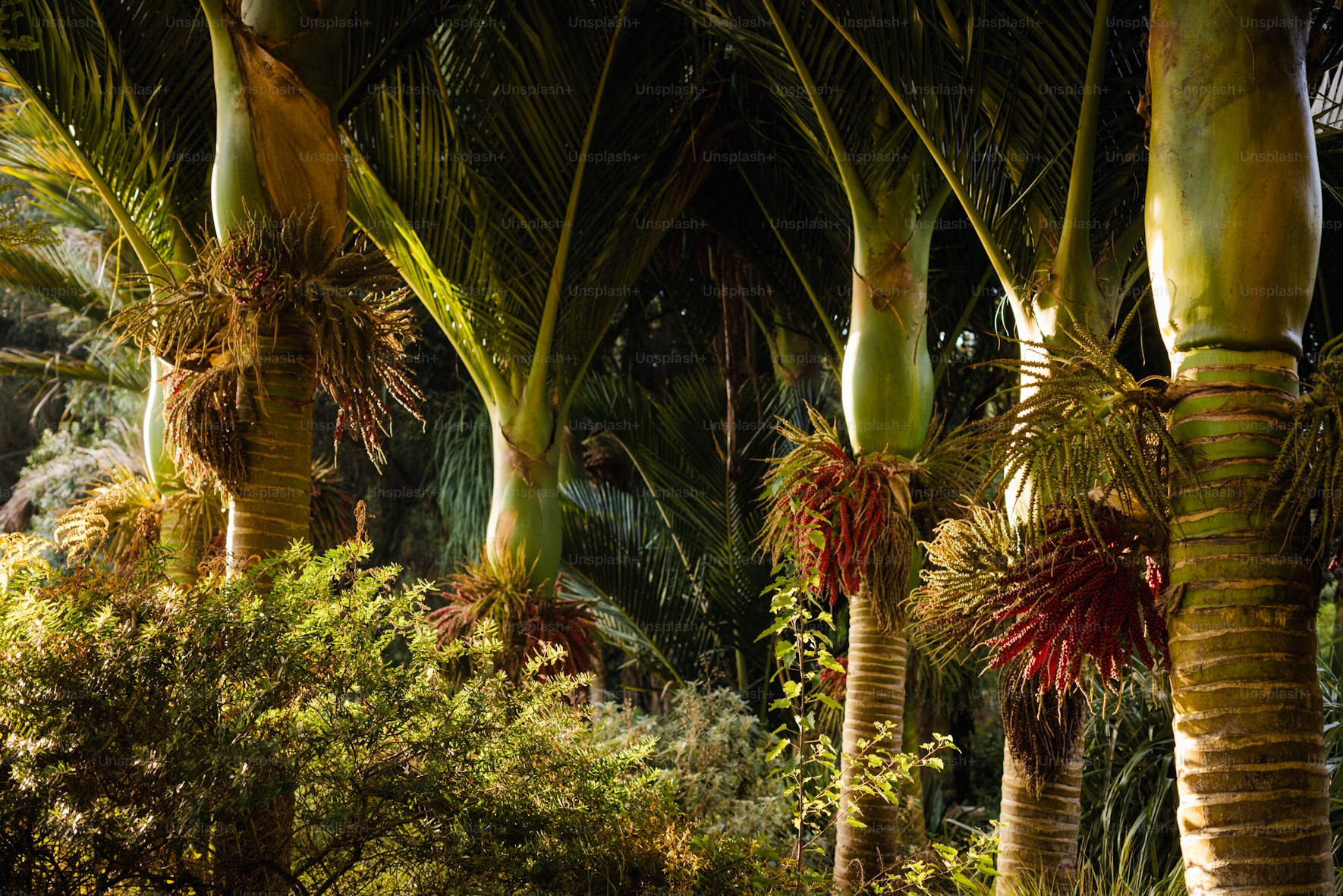
Balancing Warmth and Coolness for Atmosphere
Outdoor lighting plays a powerful role in shaping the atmosphere of your landscape. Just like indoor lighting influences the mood of your living spaces, the warmth or coolness of outdoor lighting can evoke different feelings and enhance various areas of your yard. Warm lighting, with its golden and amber tones, creates a cozy, intimate environment—perfect for patios and outdoor seating areas where you want to relax or entertain guests. This soft, inviting light encourages people to linger, making it ideal for warm summer evenings or gatherings around a fire pit.
Cool lighting, on the other hand, provides a crisp, energizing effect, better suited for functional spaces such as driveways or work areas where visibility is key. It also adds a modern, sleek aesthetic to your home’s exterior.
Lighting that Evolves with the Seasons
One of the most unique aspects of landscape lighting is its ability to interact with the natural landscape as it changes throughout the year. The interplay between light and the evolving elements of your garden—trees, plants, flowers, and shrubs—adds a dynamic, ever-changing layer to the atmosphere. As the seasons change, new opportunities arise to play with light.
In spring, when flowers bloom, soft lighting can highlight their vibrant colors, making certain plants feel like the stars of the garden. Exotic flowers, with their bold shapes and hues, can be lit like divas on a stage, drawing attention and adding drama to the scene.
As summer progresses, trees and bushes fill out, offering lush greenery that diffuses light in intriguing ways. Warm, soft uplighting under a tree can create beautiful patterns as the leaves cast intricate shadows on the ground. As autumn approaches and the leaves start to change color, fiery reds, oranges, and yellows can be brought to life with thoughtfully placed lights, intensifying the natural spectacle.
Once the leaves fall, bare branches offer a whole new canvas for lighting. Without dense foliage, the structure and silhouette of the trees can be beautifully highlighted, transforming their appearance from season to season.
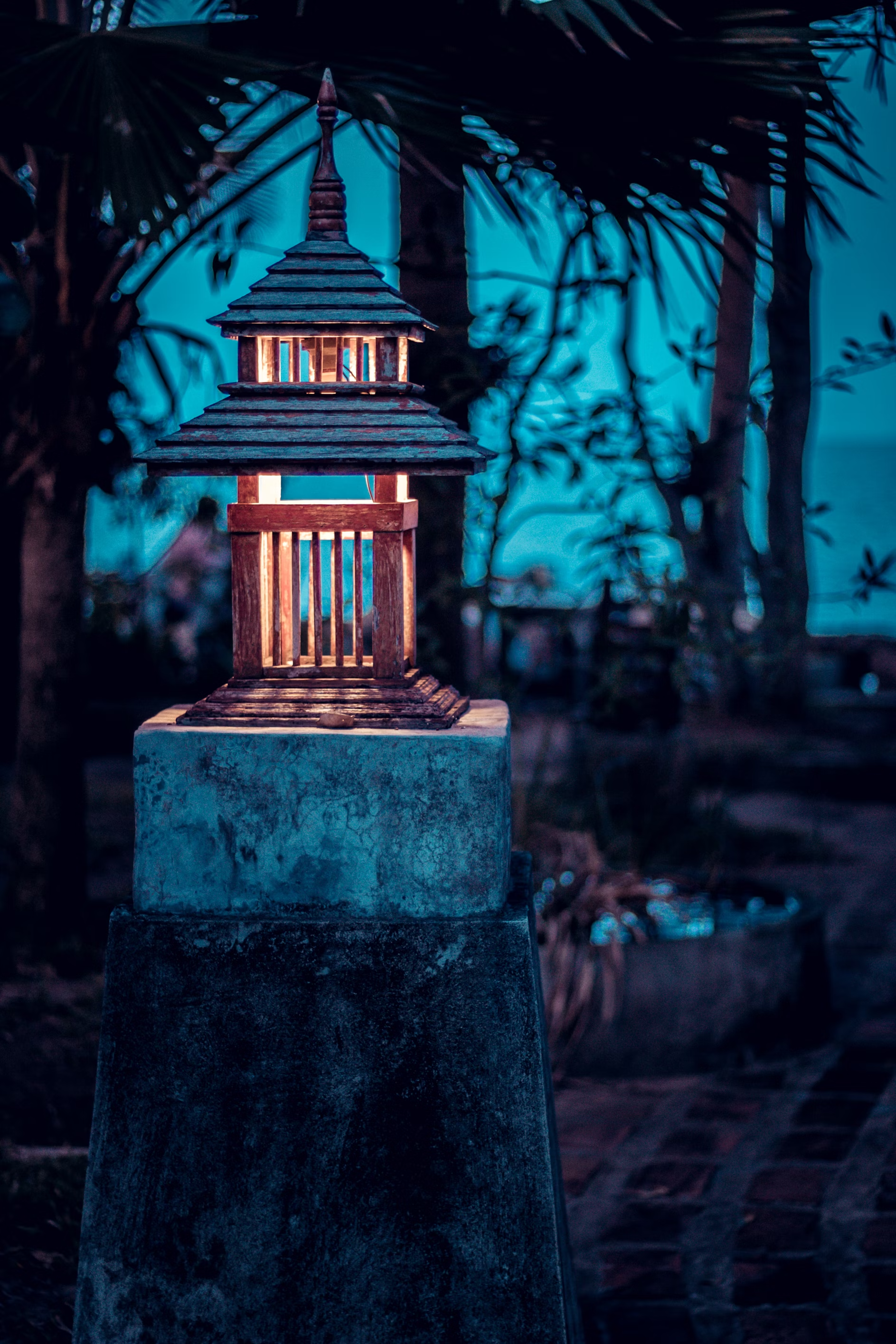
Showcasing Natural Features and Water Elements
One of the most rewarding aspects of landscape lighting is the opportunity to showcase natural features like trees, plants, and water elements. Uplighting is a fantastic technique for drawing attention to the height and grandeur of trees, casting dramatic shadows and highlighting textures that might go unnoticed during the day. Smaller plants and flower beds can benefit from downlighting, where light filters gently through leaves, creating soft, natural patterns on the ground. This approach mimics the effect of moonlight, lending a serene and tranquil atmosphere to the garden.
Water features, such as ponds or fountains, offer especially captivating opportunities for lighting. Submersible lights can transform water into a shimmering, reflective surface that dances with light. The movement of water, combined with the play of light, creates a dynamic, ever-changing focal point in your landscape. As trees grow, new plants are added, or garden features change, the way light interacts with these elements will evolve, ensuring your outdoor space never feels static.
Balancing Functionality and Aesthetics
While aesthetics are essential in landscape lighting, functionality is equally important. Lighting for safety and navigation is crucial to making outdoor spaces usable after dark. Pathways, steps, and driveways should be illuminated to ensure safe passage without overwhelming the beauty of the surroundings. Low-voltage path lights are an excellent choice for subtly lighting walkways, providing just enough light to guide the way while remaining understated and blending into the landscape. Step lights, often recessed into stairs or railings, ensure safe footing without drawing too much attention to the light source itself.
Functional lighting should complement the overall design, ensuring that the space is both beautiful and easy to navigate. With careful planning, you can strike a balance that enhances the safety of your outdoor areas while contributing to their beauty.
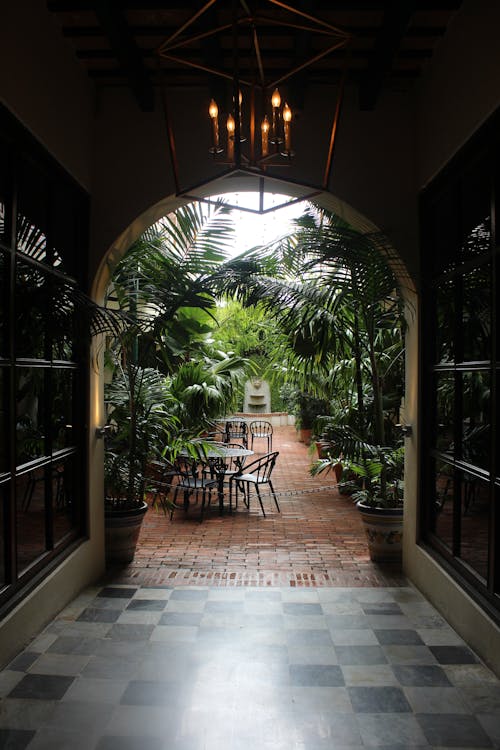
Creating Outdoor Living Spaces
As outdoor spaces become extensions of our living areas, lighting plays a vital role in creating inviting spaces for gathering and relaxation. Patios, decks, and other outdoor seating areas can be transformed into functional living rooms with the right lighting. String lights or fairy lights are perfect for draping over patios or across decks, adding a warm, festive feel that encourages lingering. Outdoor pendant lights or chandeliers can elevate dining areas, making them feel like elegant extensions of your indoor spaces. Wall-mounted sconces can provide a gentle wash of light around these areas, creating a warm, inviting ambiance.
By lighting your outdoor gathering spaces with the same care and attention you give your indoor rooms, you create a seamless transition between the inside and outside of your home. These areas become functional extensions of your living space, where friends and family can gather long after the sun has set.
Choosing the Right Fixtures
The final step in creating your outdoor lighting masterpiece is choosing the right fixtures. Outdoor lighting requires a combination of different fixture types to achieve both function and style. Path lights are perfect for guiding people safely along walkways while adding a touch of charm to the garden. Spotlights and uplights are essential for highlighting special features like statues, architectural details, or tall trees, casting them in a dramatic, artistic light. On the other hand, downlights, which mimic natural moonlight by casting soft beams downward, create a subtle glow that blends seamlessly with nature. String lights or fairy lights, often draped across patios or nestled in trees, add a whimsical, magical ambiance that instantly transforms any gathering space into a cozy, inviting nook.
By layering these lights thoughtfully, you can create a visually interesting outdoor environment that feels welcoming, safe, and beautiful no matter the season. The variety and placement of these fixtures ensure that your landscape is both dynamic and adaptable.

Sustainability and Smart Solutions
As sustainability becomes a key consideration, energy-efficient and smart lighting solutions are a fantastic way to enhance your landscape while reducing your environmental footprint. LED lighting is a top choice for outdoor use because it consumes significantly less energy than traditional incandescent bulbs, lasts much longer, and produces less heat. Solar-powered lights, which charge during the day and illuminate automatically at night, are another eco-friendly option, especially for pathways and garden features where wiring might be impractical.
Smart lighting systems elevate outdoor lighting to the next level. By integrating your landscape lighting with your home’s smart system, you can control your lights remotely, set timers, adjust brightness, and even change the color of your lights to suit different moods or occasions. This level of customization not only makes your landscape lighting more flexible but also ensures that your lights are only on when needed, helping conserve energy.
Incorporating smart technology into your landscape lighting offers a level of convenience and efficiency that allows you to adapt your lighting to changing needs or events with ease. Whether you’re setting the perfect scene for an outdoor dinner party or adjusting the lighting for a quiet evening at home, smart lighting systems give you full control over your outdoor space.
About the Author

Robert Lanteigne, also known as Lightbob, is a visionary entrepreneur, artist, electrician, and mentor, originally from Montreal and now based in Florida. With decades of experience, he has built an impressive career in lighting design and creative coaching, working with architects, engineers, and designers around the world. As the founder and CEO of Lightbob.com, Robert leads a globally recognized lighting design company, delivering innovative solutions to clients worldwide.
Bob’s exceptional expertise in lighting design has made him a renowned figure in the industry. His work has been featured in prestigious publications such as Architectural Digest and Interior Design, and he is a frequent speaker at major industry events globally. A former member of the International Association of Lighting Designers, Bob is now an active member of the Lighting Agora, solidifying his lasting influence on the lighting design community.
Other Articles from Robert Lanteigne
The Art and Hardware of Lighting: Finding Beauty in Function – US Lighting Trends
Brightening Up Your Home: The Magic of Different Layers of Lights – US Lighting Trends
Simplifying Lighting Controls for Everyday Use – US Lighting Trends
Introduction to Lighting Colors and Their Impact – US Lighting Trends
Illuminating Spaces: Understanding the 3 Sub-Effects of Directional Lighting – US Lighting Trends





